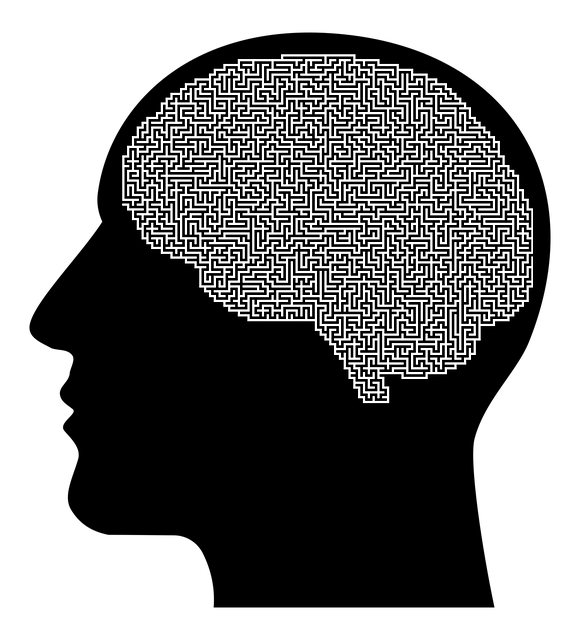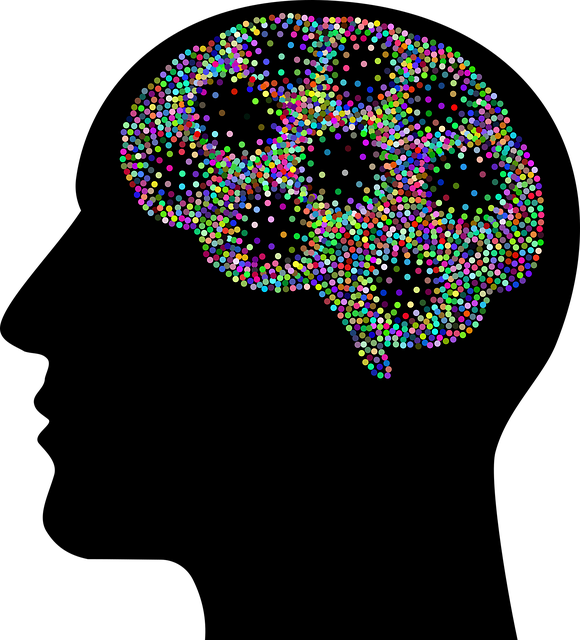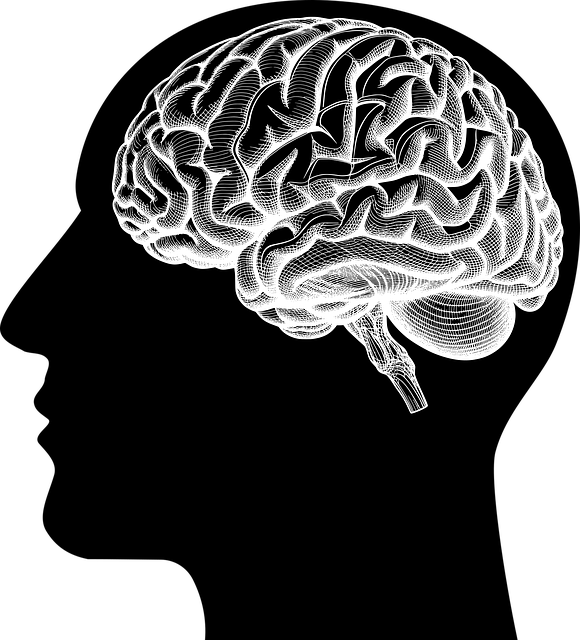Longmont Trauma Therapy emphasizes the importance of accurate mental health diagnoses for effective recovery, utilizing comprehensive assessments and culturally sensitive care. They offer specialized trauma-informed treatments, including CBT, EMDR, and mindfulness, alongside wellness coaching and public awareness campaigns to destigmatize mental illness. A supportive network and building resilience are key aspects, empowering individuals through coping strategies and self-care practices for improved well-being.
Mental illness diagnosis and treatment can be confusing and overwhelming. This guide aims to demystify the process, offering insights into understanding mental health diagnoses and navigating effective treatment options like Longmont Trauma Therapy. We explore various approaches, including medication, therapy, and self-care strategies, emphasizing the role of a supportive network during recovery. By delving into these topics, individuals can gain clarity and take proactive steps towards healing and resilience.
- Understanding Mental Health Diagnoses: Demystifying the Process
- Longmont Trauma Therapy: A Specialist's Approach to Treatment
- Navigating Treatment Options: Medication, Therapy, and Beyond
- The Importance of a Supportive Network During Recovery
- Building Resilience: Strategies for Effective Self-Care
Understanding Mental Health Diagnoses: Demystifying the Process

Understanding mental health diagnoses is a crucial first step on the journey to recovery and healing. The process involves a comprehensive evaluation by trained professionals, often including psychiatrists, psychologists, or licensed therapists. This assessment delves into an individual’s symptoms, medical history, and overall functioning to identify specific conditions such as depression, anxiety disorders, post-traumatic stress disorder (PTSD), or more complex cases like bipolar disorder or schizophrenia.
Longmont Trauma Therapy emphasizes the importance of accurate diagnosis, tailoring treatment plans to meet the unique needs of each client. Cultural sensitivity in mental healthcare practice plays a significant role here, ensuring that diverse populations receive appropriate care that respects their beliefs and backgrounds. Additionally, burnout prevention strategies for healthcare providers are essential, as they directly impact the quality of care. Encouraging self-care practices and providing guidance on mental wellness journaling exercises can help professionals maintain resilience and offer the best support to their clients.
Longmont Trauma Therapy: A Specialist's Approach to Treatment

Longmont Trauma Therapy offers a specialized approach to treating mental health conditions, particularly focusing on trauma-informed care. This therapeutic model recognizes that many individuals struggling with mental illness have experienced traumatic events and requires a nuanced understanding of this connection. Therapists at Longmont Trauma Therapy are trained to provide safe, supportive environments where clients can process their traumas effectively.
Through evidence-based practices, the team offers personalized treatment plans tailored to each client’s unique needs. This may include cognitive behavioral therapy, mindfulness techniques, and eye movement desensitization and reprocessing (EMDR) for those who have experienced complex trauma. Additionally, Longmont Trauma Therapy emphasizes stigma reduction efforts, integrating mental illness awareness into community discussions. They also prioritize risk management planning for mental health professionals to ensure a supportive work environment.
Navigating Treatment Options: Medication, Therapy, and Beyond

Navigating treatment options is a crucial step in managing mental illness effectively. It’s not just about medication or therapy; there’s a spectrum of interventions designed to support holistic healing. Many individuals find Longmont Trauma Therapy especially beneficial, as it offers specialized care tailored for trauma-related disorders. This approach integrates various techniques, including cognitive behavioral therapy (CBT), eye movement desensitization and reprocessing (EMDR), and mindfulness practices, to help clients process traumatic memories and develop coping strategies.
Beyond traditional therapy, mental wellness coaching programs have gained popularity. These initiatives focus on prevention and burn-out reduction by teaching individuals skills to manage stress, enhance resilience, and maintain a balanced lifestyle. Public awareness campaigns development also plays a vital role in destigmatizing mental health issues and encouraging people to seek help. By combining these diverse approaches, individuals can find personalized paths to improved mental wellness.
The Importance of a Supportive Network During Recovery

Having a supportive network is paramount during mental illness recovery, offering individuals a sense of belonging and encouragement. Longmont Trauma Therapy emphasizes the power of connection as it facilitates healing and promotes resilience. Friends, family, or support groups can provide crucial emotional support, understanding, and motivation, especially when navigating challenging symptoms or setbacks. This network serves as a safety net, encouraging open communication and fostering an environment where individuals feel heard and validated.
Furthermore, a strong support system encourages the development of essential skills like self-care routine management, social skills training, and self-awareness exercises, all of which contribute to better mental health and overall well-being. It helps individuals set boundaries, manage stress, and develop coping strategies, ultimately empowering them to take control of their recovery journey.
Building Resilience: Strategies for Effective Self-Care

Building resilience is a vital aspect of navigating mental illness and fostering effective self-care practices. Longmont Trauma Therapy emphasizes that developing coping skills and enhancing resilience can significantly aid individuals in managing their mental health journeys. Through various therapeutic approaches, clients are equipped with strategies to confront challenges and develop a sense of empowerment.
Resilience building involves learning to navigate stress, anxiety, and adversity while cultivating a positive mindset. The therapy focuses on teaching practical techniques for burnout prevention, ensuring individuals can maintain their well-being even during difficult times. By investing in resilience and self-care, one can strengthen their ability to cope with life’s stressors, ultimately improving overall mental health and quality of life.
Mental health journeys are unique, but with the right navigation, recovery is achievable. By demystifying diagnoses and exploring diverse treatment options like Longmont Trauma Therapy, individuals can find tailored support. A combination of specialized care, a robust support network, and effective self-care strategies enables resilience and improved well-being. Remember, accessing resources like Longmont Trauma Therapy is a proactive step towards a brighter, healthier future.












